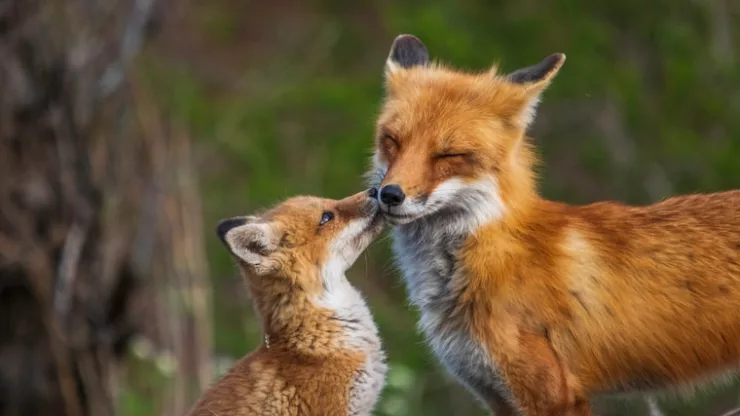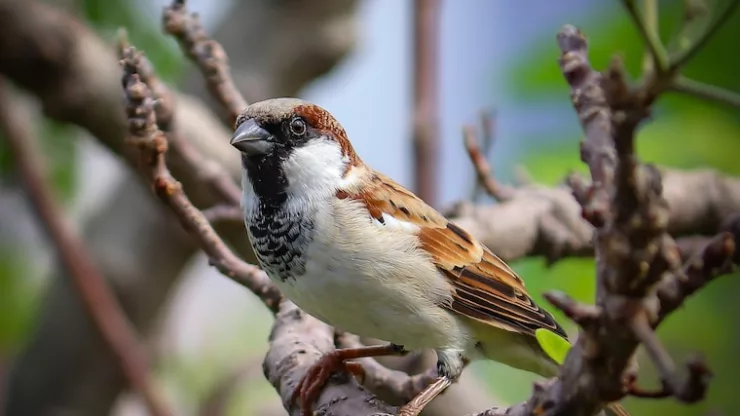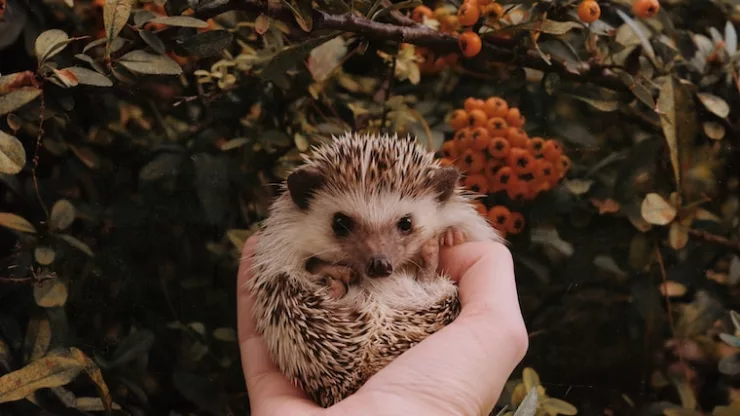City ducks are a common sight in urban parks and ponds, but their diet and nutritional needs are not well understood.
Researchers have recently conducted a study to unravel the dietary habits of city ducks and how it affects their health and well-being.
Jump to Section
Introduction
Ducks are omnivorous birds and can adapt to a wide range of diets. However, the availability and quality of food sources can vary greatly depending on their habitat.
City ducks, for example, often rely on human-provided foods like bread and crackers, which may not provide adequate nutrition.
In this article, we explore why duck diets are being studied and what the latest research has uncovered.
Why study the diet of city ducks?
Understanding the dietary habits of city ducks is crucial for several reasons.
Firstly, an imbalanced or inadequate diet can lead to poor health, reduced reproductive success, and increased susceptibility to diseases.
Secondly, the over-reliance on human-provided foods like bread and crackers can lead to environmental problems like water pollution, algal blooms, and habitat degradation.
Finally, ducks are an important part of urban ecosystems, and their dietary habits can provide valuable insights into the health of these ecosystems.
The Science of Duck Diets
What do city ducks typically eat?
City ducks typically feed on a variety of foods, including:
- Bread and crackers
- Corn and grains
- Insects and small invertebrates
- Aquatic plants and algae
- Fish and other aquatic animals
However, their diet can vary depending on the season, habitat, and availability of food sources.
How does their diet differ from wild ducks?
Wild ducks have a more varied diet and consume a wider range of foods, including:
- Seeds and nuts
- Roots and tubers
- Snails and other mollusks
- Amphibians and reptiles
- Small mammals and birds
Wild ducks also spend more time foraging and less time resting than city ducks.
What nutrients do city ducks need in their diet?
City ducks require a balanced diet that provides them with adequate levels of protein, fats, carbohydrates, vitamins, and minerals.
A deficiency or excess of any of these nutrients can lead to health problems such as malnutrition, obesity, and metabolic disorders.
Research Methods
Study design
The researchers conducted a field study in a public park in a major city to observe the dietary habits of city ducks.
They collected data on the types of foods consumed, the frequency of feeding, and the nutritional composition of the foods.
Data collection and analysis
The researchers used a combination of direct observations, behavioral data, and laboratory analysis of food samples to collect and analyze the data.
They also compared their results to previous studies of duck diets in urban and rural environments.
Results
What did the researchers find?
The researchers found that city ducks relied heavily on human-provided foods like bread and crackers, which made up over 70% of their diet.
This imbalanced diet led to a deficiency in essential nutrients like protein, vitamins, and minerals.
The researchers also observed that ducks spent more time resting than foraging, which may be due to the abundance of food sources and reduced competition.
How do the results compare to previous studies?
The results of this study are consistent with previous studies that have found city ducks to have a poor diet and low nutritional status.
However, the researchers noted that the extent of the problem may vary depending on the location, season, and management practices.
Implications
Why is understanding duck diets important?
Understanding duck diets is important for several reasons. Firstly, it can help improve the health and welfare of ducks, which are a valuable part of urban ecosystems.
Secondly, it can reduce the environmental impact of human-provided foods and promote sustainable management practices.
Finally, it can provide insights into the overall health of urban ecosystems and the interactions between humans and wildlife.
How can this information be used to improve the health of city ducks?
The information gathered from this study can be used to develop management strategies that promote a more balanced diet for city ducks.
For example, parks and ponds can be managed to provide a wider range of natural food sources, such as aquatic plants and invertebrates.
Public education campaigns can also be launched to discourage the feeding of bread and other human-provided foods.
What are the potential benefits for humans and the environment?
Improving the health and welfare of city ducks can have several benefits for humans and the environment.
For example, it can reduce the spread of diseases, improve water quality, and enhance the overall biodiversity of urban ecosystems.
It can also promote public engagement in conservation efforts and foster a sense of connection with nature.
Conclusion
From this study, it is clear that the dietary habits of city ducks are in need of improvement.
A more balanced diet that includes natural food sources can lead to better health and welfare for the ducks and promote sustainable management practices in urban ecosystems.
Directions for future research
Future research should focus on developing and testing management strategies that promote a more balanced diet for city ducks.
Long-term monitoring of duck populations and their dietary habits can also provide valuable insights into the effectiveness of these strategies and the overall health of urban ecosystems.
FAQ
What can I feed ducks instead of bread?
You can feed ducks a variety of natural foods, such as:
- Seeds and grains (e.g., corn, oats, barley)
- Leafy greens (e.g., lettuce, spinach, kale)
- Insects and worms (e.g., mealworms, crickets)
- Small pieces of fruit (e.g., grapes, berries, melons)
Why is feeding ducks bread bad?
Feeding ducks bread is bad for several reasons. Firstly, it provides very little nutritional value and can lead to malnutrition and other health problems.
Secondly, it can cause water pollution and contribute to algal blooms and habitat degradation.
Finally, it can create a dependence on human-provided foods and reduce the ability of ducks to forage for natural food sources.
Are ducks harmful to the environment?
Ducks are not harmful to the environment when their populations are managed responsibly.
However, an overabundance of ducks can lead to habitat degradation, water pollution, and the spread of diseases.
It is important to promote sustainable management practices that balance the needs of ducks with the needs of other wildlife and the environment.
I’m a nature enthusiast and creator of Metro Wilds and have spent years exploring the great outdoors.
With a passion for environmental conservation and sustainability, I have dedicated my career to writing about the beauty and wonders of nature, as well as the threats facing our planet.
Contact me at [email protected] for assistance.





